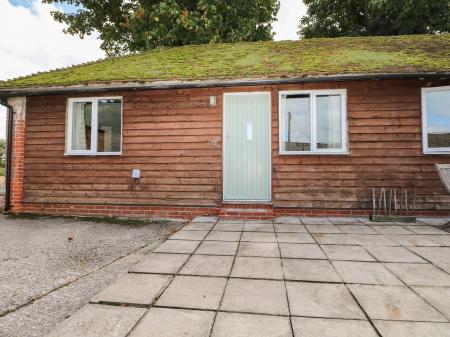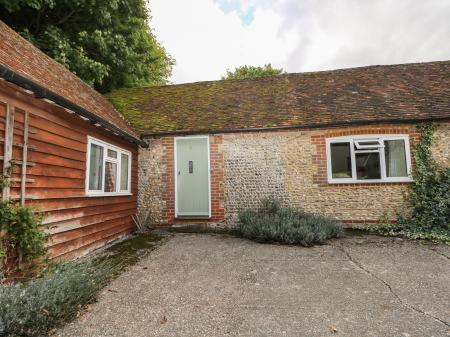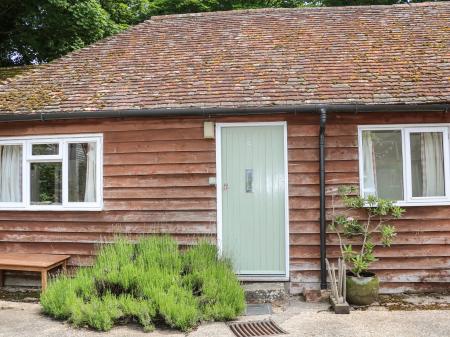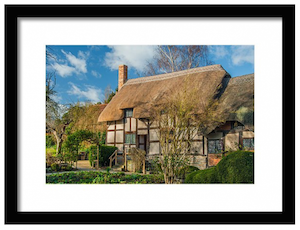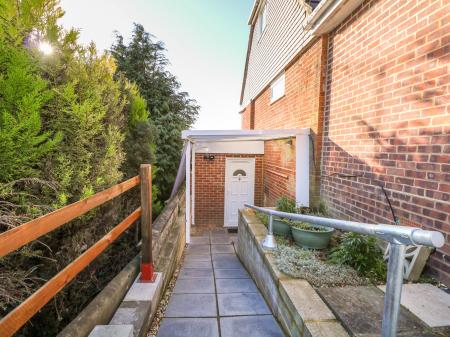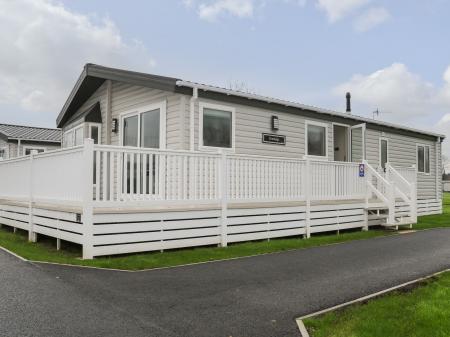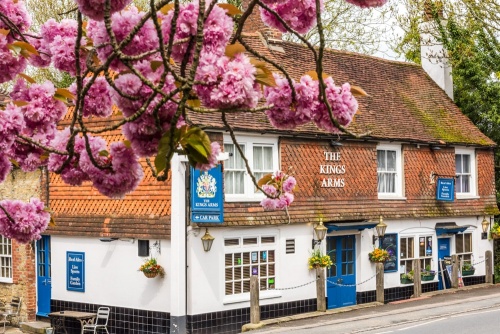
There does not appear to have been a settlement here in Roman times, and the first known settlement dates to the Saxon period. The town name probably comes from a Saxon landowner named Billa.
Over 1200 after the Romans left, Billingshurst again found itself a stopping place on a major transportation route, this time a waterborne one, as the Wey and Arun Canal linked London to the sea. The canal, known as 'London's lost route to the sea', brought sea-going vessels up to Newbridge Wharf.
An extension of the route from Billingshurst to Godalming was built in 1813, once again joining Billingshurst to London. Large sections of the canal have been restored and you can take boating trips throughout the summer months, or simply enjoy a peaceful walk along the towpath.
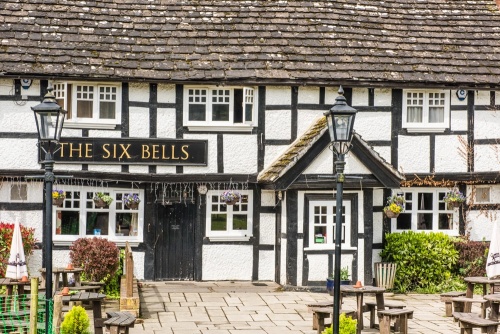
The town is still a busy transport hub, though nowadays the traffic is born on the A272. That makes the historic core of Billingshurst quite a busy place, though not one without charm, and one that boasts quite a few interesting old buildings.
One of the finest is the timber-framed Ye Olde Six Bells pub, set back from the High Street. The pub is listed Grade II* for its heritage value and dates to the 16th century. It was built, not as an inn, but as a farmhouse, and was only converted into a hostelry in the 19th century.
Just a few steps away from the Ye Olde Six Bells is another historic inn, the King's Arms, built in the 17th century and mentioned by William Cobbett (1763–1835) in his popular travelogue; Rural Rides. Cobbett was very pleased with his meal at the King's Arms and thought that Billingshurst was a very pretty place.
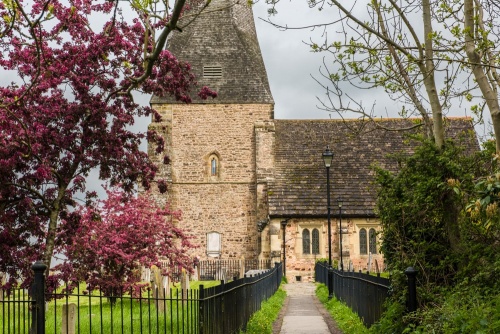
The parish church of St Mary dates to the 12th century and features a 15th-century wagon roof with finely carved bosses. The Victorian era church clock is a half-size replica of Big Ben in London. Billingshurst must have been an unruly place in the past; documents from the 16th century show that there were no less than 4 lock-ups in the churchyard at that time.
Another historic religious building is the Unitarian Chapel (formerly the Baptist Chapel), founded in the 1750s. Just outside Billingshurst at Coolham is the Blue Idol Friends Meeting House, one of the oldest Quaker places of worship in England. William Penn, the founder of Pennsylvania, worshipped here.
There are numerous timber-framed buildings on the High Street, including the chemist's shop, which has been a shop of one kind or another since the 17th century.
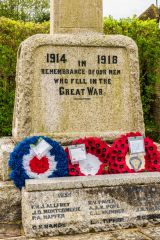
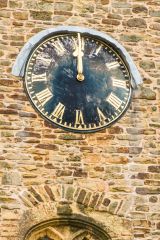
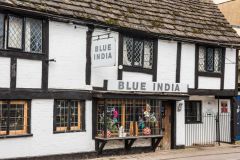
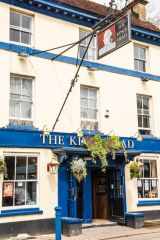
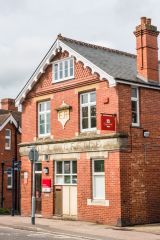
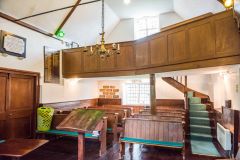
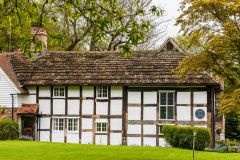
 We've 'tagged' this attraction information to help you find related historic attractions and learn more about major time periods mentioned.
We've 'tagged' this attraction information to help you find related historic attractions and learn more about major time periods mentioned.